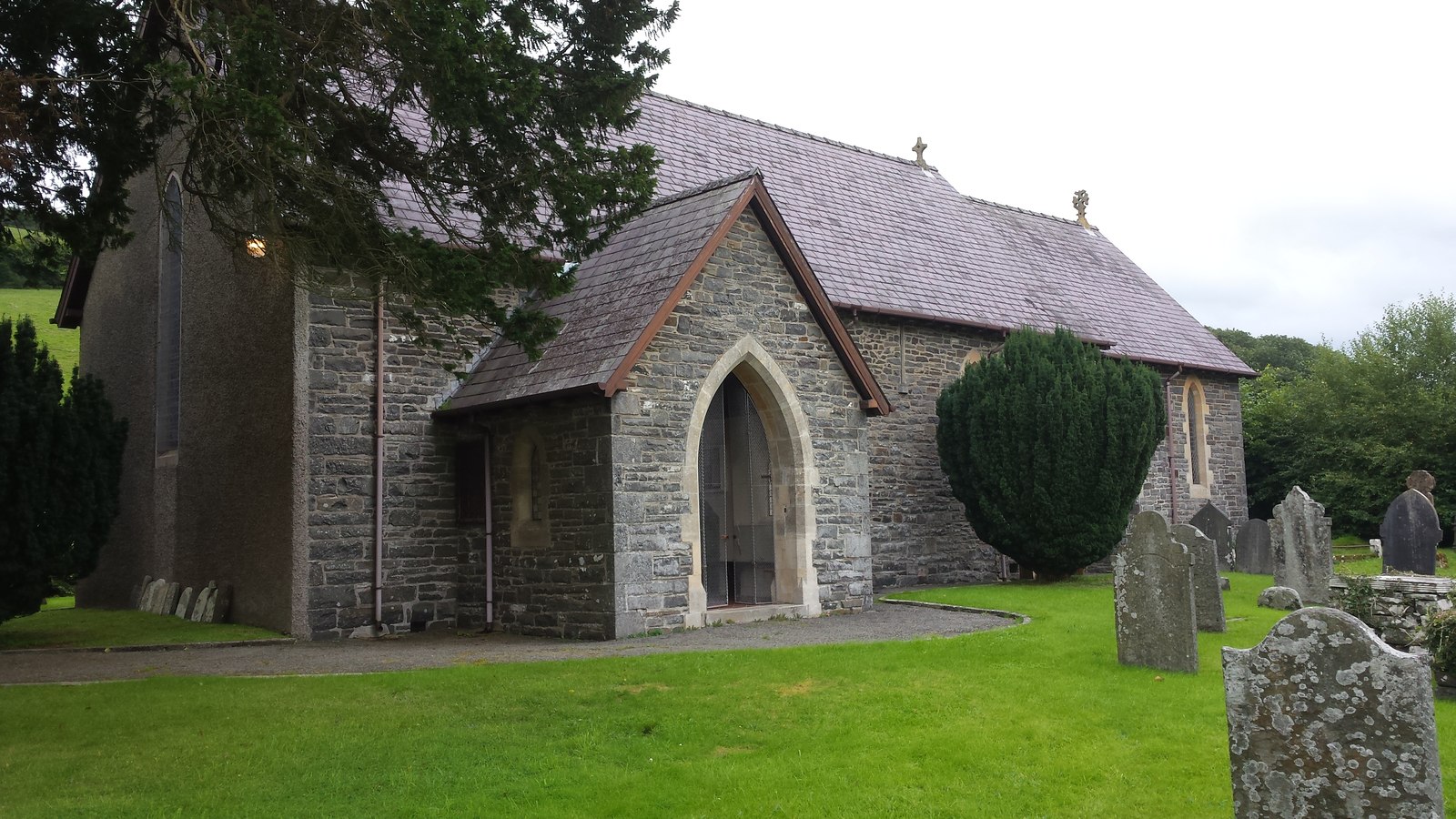Saint Ceitho on:
[Wikipedia]
[Google]
[Amazon]
 Ceitho was an
Ceitho was an
 Ceitho was an
Ceitho was an abbot
Abbot is an ecclesiastical title given to the head of an independent monastery for men in various Western Christian traditions. The name is derived from ''abba'', the Aramaic form of the Hebrew ''ab'', and means "father". The female equivale ...
and a saint
In Christianity, Christian belief, a saint is a person who is recognized as having an exceptional degree of sanctification in Christianity, holiness, imitation of God, likeness, or closeness to God in Christianity, God. However, the use of the ...
living in West Wales in the 6th century. According to legend he was one of the five sons born to Cynyr Farfdrwch of Cynwyl Gaeo, and a descendant of the ancient Welsh king Cunedda Wledig. Along with his brothers Gwynno, Gwynoro, Celynin, and Gwyn, he became a saint. The five brothers are said to have founded the village of Llanpumsaint in Carmarthenshire
Carmarthenshire (; or informally ') is a Principal areas of Wales, county in the South West Wales, south-west of Wales. The three largest towns are Llanelli, Carmarthen and Ammanford. Carmarthen is the county town and administrative centre. ...
.
Ceitho is also the patron saint of Llangeitho, Ceredigion
Ceredigion (), historically Cardiganshire (, ), is a Principal areas of Wales, county in the West Wales, west of Wales. It borders Gwynedd across the River Dyfi, Dyfi estuary to the north, Powys to the east, Carmarthenshire and Pembrokeshire t ...
, and is said to have founded an abbey
An abbey is a type of monastery used by members of a religious order under the governance of an abbot or abbess. Abbeys provide a complex of buildings and land for religious activities, work, and housing of Christians, Christian monks and nun ...
in which he secluded himself to live as a hermit
A hermit, also known as an eremite (adjectival form: hermitic or eremitic) or solitary, is a person who lives in seclusion. Eremitism plays a role in a variety of religions.
Description
In Christianity, the term was originally applied to a Chr ...
. Near the village can be found Ffynnon Geitho ('Ceitho's Well'), a natural spring which is said to run cold in summer and warm in winter.
References
{{DEFAULTSORT:Ceitho Children of Cunedda 6th-century Christian saints 6th-century Welsh people